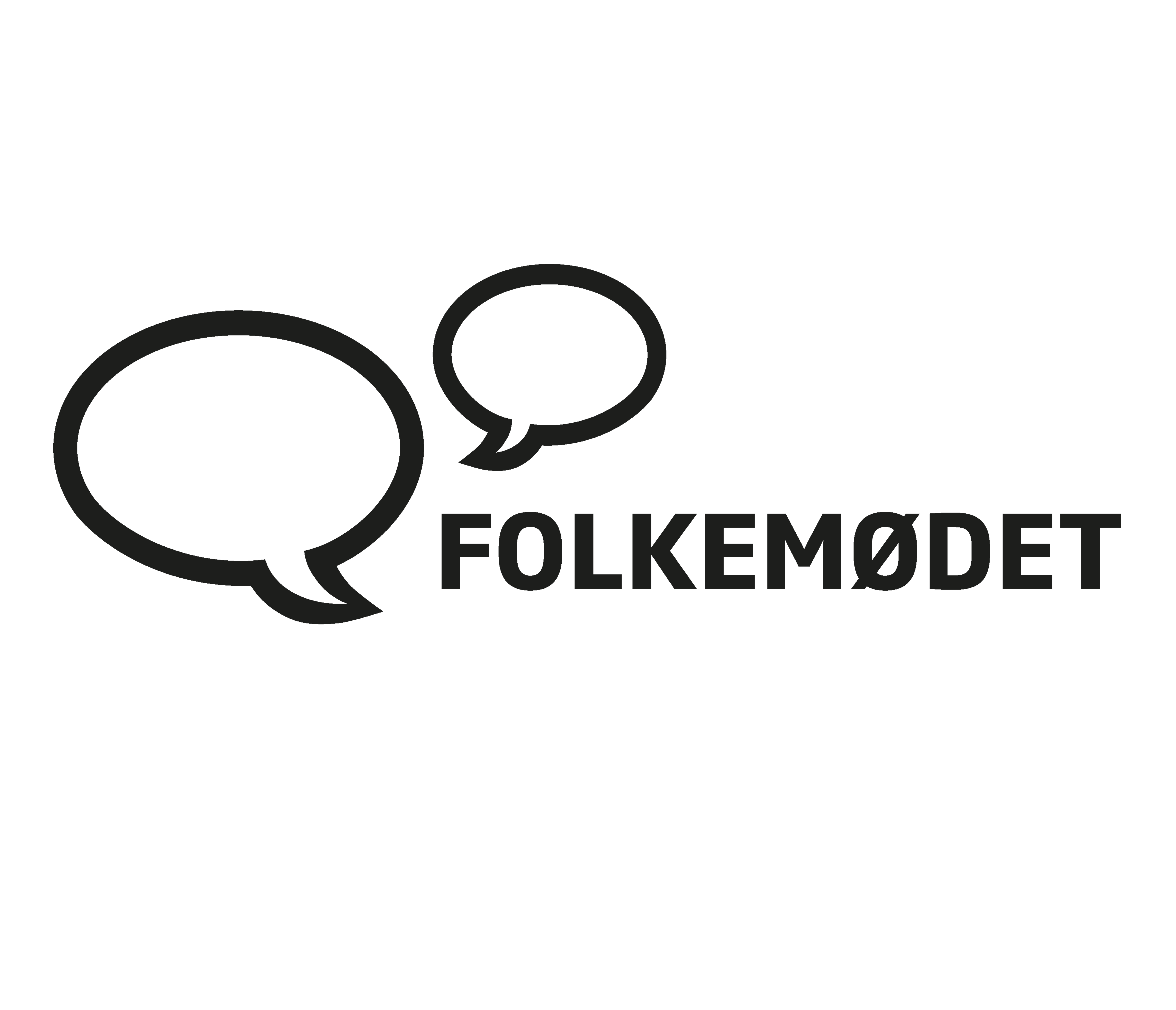Universal design as a basic premise
Through the three fundamental pillars of our work: knowledge, partnerships and public conversation, the Bevica Foundation are working to ensure that universal design becomes a basic premise in the societal organisation - by 2050 at the latest.
The Bevica Foundation's strategy is based upon Denmark's ratification of the Convention on the Rights of Persons with Disability (CRPD) and the Convention's focus on universal design as a value-based approach to creating a more equal society for all.
Universal design represents a view of the human that recognises that being human means to live with changeable and diverse functional abilities throughout life. That it is a basic condition for all of us. Universal design does not divide us into a 'them' and an 'us'; people with or without disabilities. Universal design is a design approach that embraces diversity and creates solutions that best embrace who we are.
In addition to ratifying the CRPD, Denmak has joined the UN's 17 Sustainable Development Goals (SDG's) and the cross-cutting principle to Leave No One Behind (LNOB) in sustainable development. We believe that universal design can be a valuable approach to achieving that promise.
And so, knowledge about universal design is an important part of getting closer to reaching a more sustainable and inclusive societal organisation that involves everyone.
The Fund's strategic efforts are focused in two tracks:
- To create attractive universal design research and educational environments, so future graduates have the universal design and the LNOB agenda as a basic premise in their professional understanding and in their future careers.
- That the LNOB agenda and the understanding of universal design are embedded as fundamental value in decision makers and in society in general and thus included in the political agenda and executed in concrete partnerships. This work requires a continous public conversation, which the foundation proactively pursues.
The Foundation's efforts remain concentrated on the development and operation of the Universal Design Hub, which disseminates knowledge about universal design, facilitates an interdisciplinary research network, and operates the Foundation's Bevica Scholarship Programme, designed to promote interest in and knowledge about universal design among educators and students at Denmarkk's educational institutions.
In addition, the foundation focuses on bridging knowledge about universal design and practice through partnerships and on bringing the conversation about our view of the human, unconcious bias' and ableism to the public.
The three fundamental pillars: knowledge, partnerships and public conversation constitute the practical execution of the Fund's strategic two tracks, and in 2024 we have focused on refining and consolidating the work through increased cooperation with strategic partners and new partnerships.
We collect knowledge
Through the Foundation's work in the Universal Design Hub, we disseminate knowledge about universal design as a means of achieving Denmark's commitments to the UN Convention on the Rights of Persons with Disabilities (CRPD) and the transversal principle of the Leave no one behind in the UN Sustainable Development Goals (SDG's).
The Bevica Foundation operates the Universal Design Hub, which is the Foundation's strategic effort to strengthen interdisciplinary knowledge about universal design.
We do this through dissemination and sharing of knowledge in our network of partner organisations and as contributions to the public conversation and presentations.
The Hub also facilitates an interdisciplinary research network and runs the foundation's Bevica Scholarship Programme, which aims to promote interest in and knowledge about universal design among educators and students at Denmark's educational institutions.
.webp)
We ask questions and start conversations
We bring perspectives from the lives of people with disabilities and interdisciplinary knowledge in the field of universal design into play in public conversations. We are proactive in starting the conversation and like to rethink the format in a creative way to get as many people involved in the conversation as possible.
Building on our knowledge of universal design, we proactively enter the public conversation with the aim of bringing awareness to society's unconcious bias', our view of the human and ableism.
We want to invite as many people into the conversations as possible, and we are happy to push the formats in a creative way to create relevant conversations for as many as possible.

Our partners bridge the gap between our knowledge and practice
At the Bevica Foundation, we work in partnerships with key players in architecture, design, education and societal organisation. Together we build bridges with the aim of disseminating knowledge about universal design in research and practice.
The Bevica Foundation has always worked in partnerships, in fact it's been a fundamental part of the foundation's DNA since its inception in 1872. The foundation's founder, Pastor Hans Knudsen, was a genuine philanthropist and saw how partnerships and cooperation with authorities and other relevant actors were necessary to carry out his mission.
The partnerships give voice to the people it's all about, and at the same time they help bridge the gap between knowledge and practice, which is key to putting universal design into play as a lever to meet Denmark's commitments in the UN Convention on the Rights of Persons with Disabilities (CRPD) and the cross-sectoral principle to Leave no one behind from thh UN Siustainable Development Goals (SDG's).
Meet Our Partnerships
Our partnerships accommodate educational and cultural institutions and bring experiences from life lived with disabilities into play. You can meet them here.









